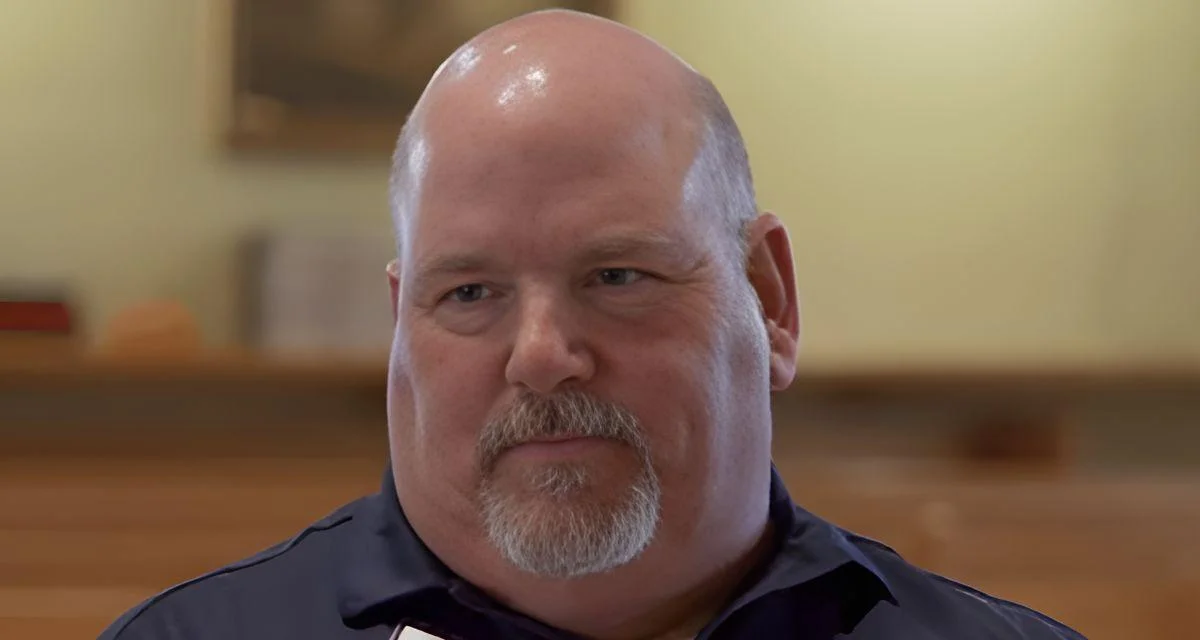United Church of Christ (UCC) congregations in Western North Carolina and Western Florida are continuing efforts to rebuild their capacity to serve communities nearly a year after Hurricanes Helene and Milton struck the Southeast United States. The storms, which caused significant destruction in September 2024, left many homes uninhabitable and disrupted daily life for thousands.
To support ongoing recovery, UCC Disaster Ministries and Global H.O.P.E. have created the Ministry Capacity Building Grant program, funded through a national appeal following the hurricanes. These grants provide multi-year support to local churches, Associations, and Conferences as they address post-disaster needs in their communities.
Four UCC churches received grants: High Country UCC near Boone, North Carolina; Pass-a-Grille Beach Community UCC in St. Pete Beach, Florida; First Congregational UCC in Asheville, North Carolina; and Church of the Isles UCC in Indian Rocks Beach, Florida. Each church is using the funding to address specific community challenges resulting from the hurricanes.
“These grants represent the wider church’s generosity, solidarity and accompaniment of local congregations who have each developed unique and different responses to their communities’ needs as they all work to recovery from the devastation caused by hurricanes Helene and Milton in 2024,” said Andrew Long-Higgins, Global H.O.P.E. team leader.
“We always say all response to disaster happens locally, and these churches are in the community and know the key stakeholders and where the gaps are,” said Katie Howe, UCC Disaster Minister. “Churches that have experienced disaster and are engaged in long-term recovery work become leaders in their communities and become advocates for those who may have trouble navigating the systems in place.”
“At a time when so much of our world feels fractured, I think this is an amazing testament to what the church can be when it is at its best,” said Long-Higgins.
High Country UCC became a shelter during Hurricane Helene due to its safe location on higher ground. Steve Marks, a member of High Country’s disaster response committee and fire chief of the local volunteer fire department, described how important it was for people seeking refuge: “The church, both physically and emotionally, was a lifesaver” when people needed a place to go.
“One of the things that many folks recognized, including the church, is that in a disaster of this magnitude, there’s not one church or organization that can do it all. The diversity that we can offer as a more holistic response is what is going to make this successful,” Marks said. “We have this wonderful opportunity to use our space in a creative way.”
With grant support, High Country now offers accommodations for up to 20 volunteers at once along with resources such as a kitchen and shower trailer. The site coordinates with groups interested in helping with ongoing recovery tasks—a need highlighted by Rev. Sarah Parker as many residents remain displaced or uncertain about returning home.
In Tennessee and North Carolina especially vulnerable populations still require assistance because some homes remain damaged or inaccessible due to debris—an issue Marks says affects long-term well-being within these communities.
Jeanne Tayloe of High Country reflected on her experience volunteering after Hurricane Katrina two decades ago: “I know what this does to the comradery of the churches that come and the lasting relationship that comes from a mission experience,” she said. “I’m looking forward to providing that opportunity for folks.”
On Florida’s west coast—where Hurricane Milton followed closely after Helene—Pass-A-Grille Beach Community UCC sustained water damage forcing major renovations while serving members grappling with difficult decisions about their own homes’ futures. Senior minister Rev. Angela Wells-Beam described how worship continued even amidst repairs: “Going through the crisis made them realize we are here for one another, and God is really calling us to be a church in this place... We are the only church on Passe-A-Grille Beach...”
The congregation has restored its sanctuary space as well as reopened its Montessori school since then. The Ministry Capacity Rebuilding Grant also supports rebuilding their thrift store which serves local residents—including those living on limited incomes—and provides social connection among regulars.
“After the storm...the thrift store still opened showing commitment of donors and shoppers,” Wells-Beam said.“People are looking for a sense of normalcy...” She expressed gratitude toward broader UCC support saying,“We’re deeply grateful for...support...and want to pay it forward.”
At Church of the Isles UCC on Indian Rocks Beach barrier island near Pinellas County extensive flooding led volunteers—including help from Plymouth Congregational Church Miami—to repair facilities so worship could resume before Easter 2025.“The spiritual emotional material losses caused by storms will reverberate throughout our community long after their immediate trauma fades,” said pastor Rev.Wesley Snedeker.
Community organizations whose meeting spaces were lost now gather regularly at Church of Isles—from AA groups,to city commission meetings,to summer camps.Snedeker noted:“Our church has been blessed...since we reopened our fellowship hall last December thanks...[to] leadership...” He emphasized continued need for communal spaces supporting spiritual enrichment,fellowship,and mental health—as many remain displaced nearly one year later.“Faith communities themselves are empowered utilize these funds...for neighbors.”
Snedeker urged prayer for those still struggling:“Pray for all those still displaced from their homes.Pray for all those who lost loved one,a beloved animal companion or their sense safety...” He called on churches nationally continue advocacy against climate change contributing rising sea levels/extreme weather events:“Advocating coastal communities like ours looks like fighting creation justice.”
First Congregational Community Church UCC Asheville hosts an exhibit reflecting hurricane impacts ahead anniversary.The downtown location provided vital space immediately post-storm—not only housing programs displaced by flood but hosting Campaign Southern Equality’s weekly resource center/safe space offering meals,haircuts,and legal advice.Ministry Capacity Grant helps restore building ensuring availability groups aiding long-term recovery.Coordinator Kathleen Stigmon described being humbled by nationwide donations—even receiving quilts from New Hampshire group distributed locally.She noted congregation felt inspired send aid following California wildfires earlier 2025,saying,“This disaster has made us see we’re all part world...we all have something contribute help each other.”
The Ministry Capacity Rebuilding Grants join other forms financial relief available through Global H.O.P.E.,such as Long-Term Recovery/Repair Grants,and Solidarity Grants.A full list recent distributions appears online via the 2024 Hurricanes Special Appeal Updates.
 Alerts Sign-up
Alerts Sign-up






